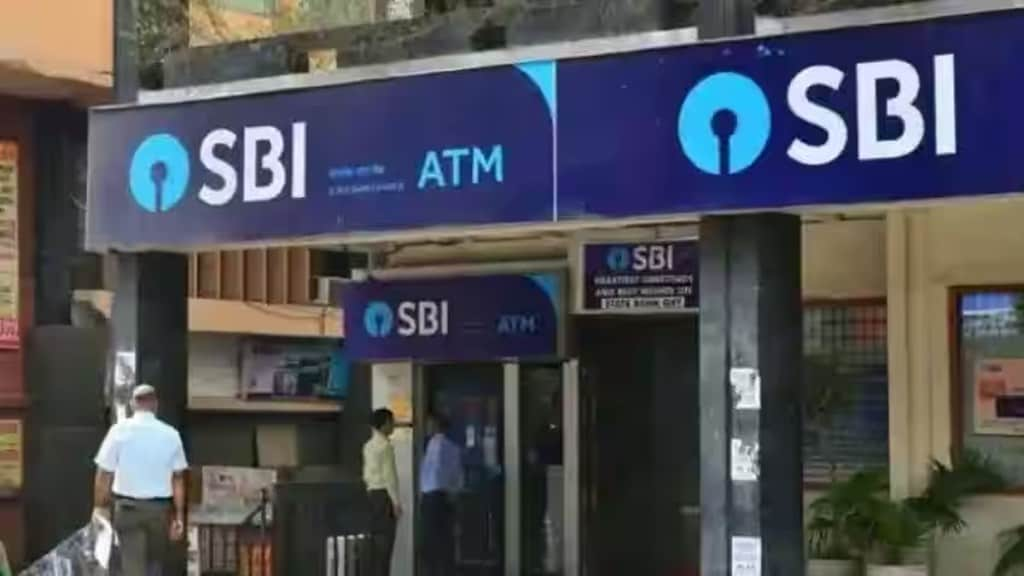In a push towards making India carbon neutral, the country’s largest lender, State Bank of India (SBI) is targeting to deploy a minimum of 7.5% of its domestic loans in the green energy sector by 2030.
The bank’s overall loan book stood at Rs 37.67 trillion as on FY24 end. It has sanctioned `47,419 crore of loans for renewable energy projects as of March, 2024.
During FY24, the bank consolidated its environmental, social and governance (ESG) and climate finance functions under a dedicated unit, the ESG & Climate Finance Unit, SBI chairman Dinesh Khara said in the bank’s FY24 business responsibility and sustainability report.
“The unit is positioned to steer the bank’s efforts in climate finance, targeting a net-zero pathway (Scope 1, 2 and 3) for the bank by its centenary year in 2055. The unit aims to facilitate minimum of 7.5% of the bank’s domestic loan portfolio to be ‘green’ by 2030,” he said.
Separately, the lender has constituted a top-level climate change risk management committee to enhance governance and resilience in the face of climate-related risks, and to provide strategic guidance to ensure that climate considerations are integrated into its risk management framework.
During FY24, the bank raised $250 million through green bonds, in accordance with its ESG financing framework. According to the report, the bank has a line of credit to the tune of $770 million from The World Bank for financing grid connected solar rooftop and residential solar rooftop, among other credit lines.
Green product lines
SBI has launched a loan scheme for purchase of electric vehicles with concession of 25 basis points (bps) in applicable rate of interest for normal car loan and an extended repayment period of 8 years. It also has built a product specifically for financing installation of solar roof top of up to 10 KW.
To promote green financing, the bank has launched a host of schemes, including “Surya Shakti Solar Finance” which provides finance to existing and prospective SME units having requirement for installation of solar rooftop or ground mounted grid connected systems. The lender has created a dedicated cell for quick loan processing and signed pacts with companies to finance solar PV systems.
It also offers credit for various biofuels, along with financing biomass suppliers and aggregators for setting up of bio-fuels extraction plant, including their storage and distribution infrastructure.
Regulatory requirements
SBI’s green push comes at a time when regulators around the globe are cautioning lenders about business risks related to climate change.
Domestically, market regulator Securities and Exchange Board of India (Sebi) has asked top corporates to ensure business responsibility and sustainability reporting (BRSR). This necessitates top corporates to disclose the Scope 3 related emissions risk in their portfolio. Scope 3 emissions are essentially the indirect green house gas emissions that occur outside of the organisation, including both upstream and downstream emissions.
Further, apart from issuing the green deposit acceptance framework, the Reserve Bank of India (RBI) in February this year issued draft guidelines on ‘Disclosure framework on climate-related financial risks, 2024. The framework mandates disclosure by regulated entities (REs) on four key areas of governance, strategy, risk management and metric and sets targets in these fields.
“While the RBI’s draft framework is a proactive stance on climate risk, it also brings in implementation challenges for the REs. Data-related limitations (granularity, history, reliability), lack of standardised methodologies and resource constraints are few of the hurdles that entities may face in complying with the disclosure requirements,” said PwC India. However, overcoming these challenges is essential for building resilience and fostering sustainable finance practices, it said.

